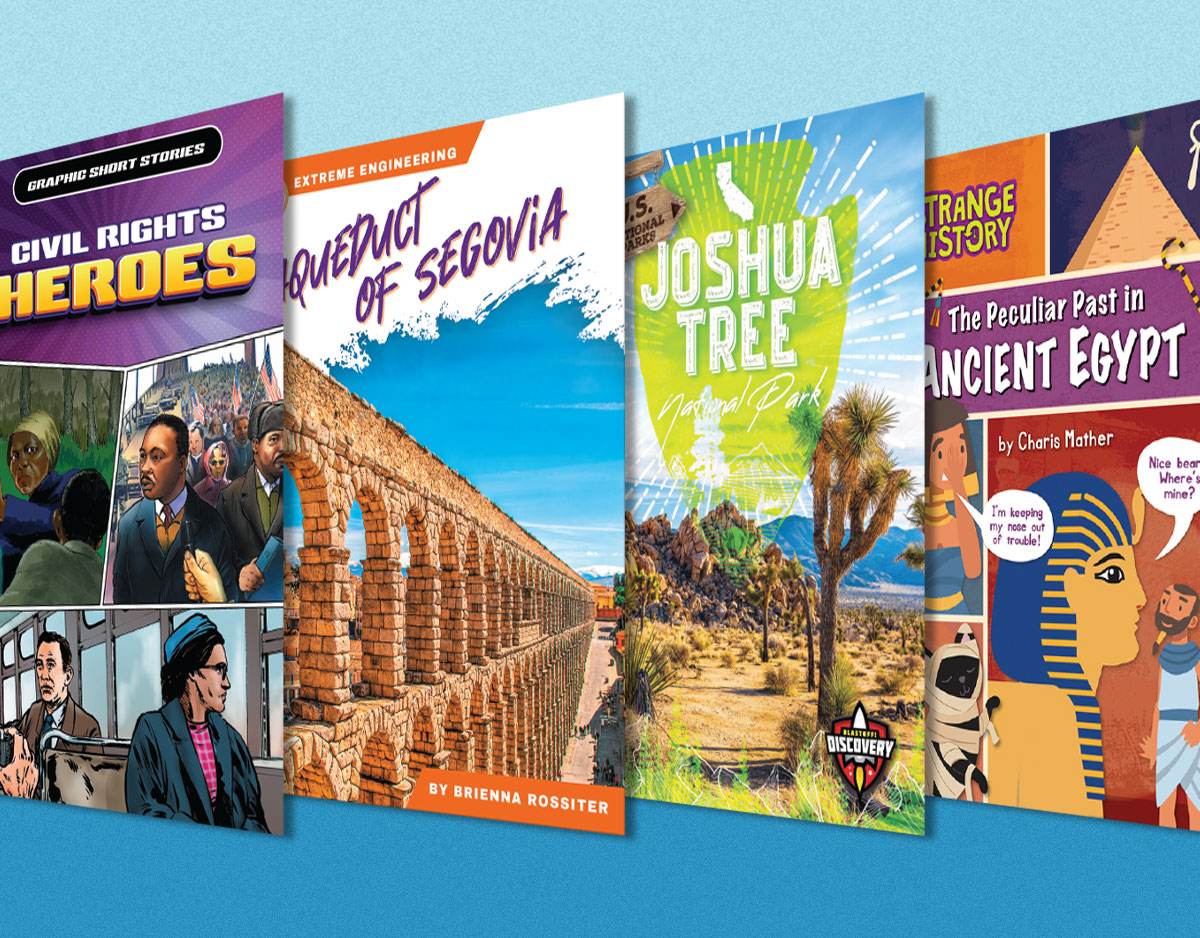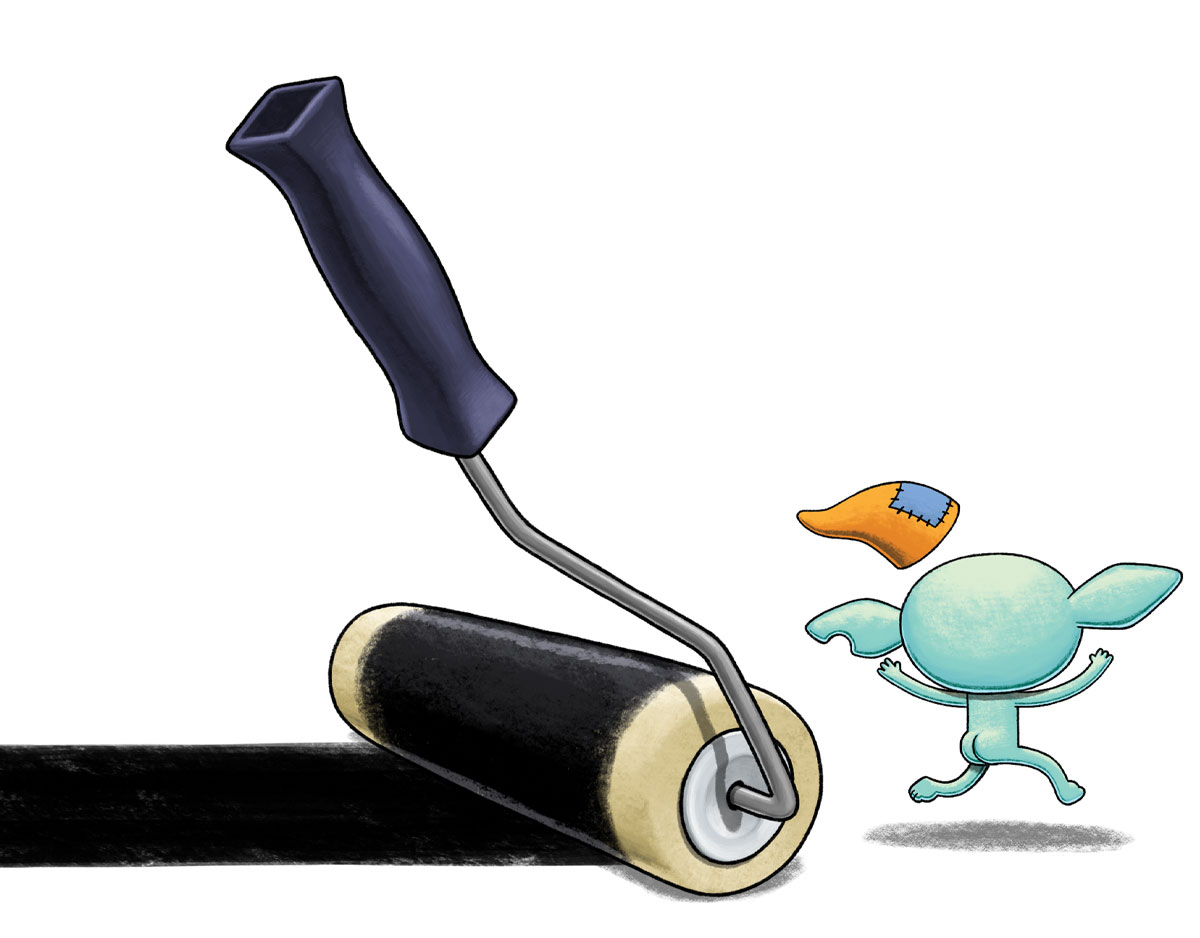SCROLL DOWN TO READ THE POST
An Unnoticed Return
 I love this one. It chilled me and made me cry—chapter after chapter, page after page.
I love this one. It chilled me and made me cry—chapter after chapter, page after page.
And despite largely positive reviews (barring comments about likely lack of appeal), it’s received only one star and I haven’t heard a peep about this gem. I’m not sure anyone besides me and that handful of reviewers read it, and that’s a shame, because this is worth reading.
Fair warning: like so many of the books that number among the best written of the year, this won’t be a popular read. It’s a fantasy, I guess, but there’s no magic. It’s sort of historical fiction, but for a time and place that never actually was. It’s a novel, but it’s told in vignettes and the connections emerge slowly, so that it often reads more like interconnected short stories. It’s about a young man, except when it isn’t. I wouldn’t say it’s a genre-blender, which is a category often recognized by the committee, so much as it’s a book that defies the very idea of genre.
ADVERTISEMENT
ADVERTISEMENT
So now you know just how niche it’s likely to be. And I’m not sure the committee will even be looking at this one, because it has flown so far under the radar, as far as I can tell, but they should be.
Loss and anger thread through all the chapters (stories, vignettes), which are told from various perspectives, along with a second strand, in a complimentary color if you will, of redemption and hope, of the way the world keeps going after unimaginable loss and the ways in which sometimes things actually turn out well.
So here’s the basic description: Once upon a time, in a place nothing like our world, in a pre-industrial society, there was war. Long, relentless war, and in the end, an Uplander lord won the day. And then a boy came home, less one arm and all of the men who marched away with him. That boy is Cam, who stands at the center of it all; he is the rock tossed into the pond and this is the story of the ripples from his return from the war.
(This image appears in an early chapter of the book and the passage was actually quoted in the Kirkus review, so I’m not the only one who appreciated the way a single sentence reflected the entirety of the novel.)
Speaking of language: The quote about the aftermath of war and ripples in a pond is great, but the way Pin, Cam’s much younger sister (perhaps all of six years old), responds—“Talk about the war was dull, unless it was Cam. ‘You do like the tea, Da?’”—is even better. So what if Da has just conveyed wisdom? She doesn’t care, and in that one scene an entire family springs to startling, vivid life.
This is the greatest strength of the book: tiny, vividly rendered moments that illuminate the whole. This is a lovely book, but it’s even lovelier if you take the time to really examine the precision of the language: “A cuff from father was a loving stroke. Gyaar picked himself up off the floor, proud and heartful.” Stroke and strike, heartful and hurtful: the words convey, by their similarity, an entire other sentence, extra layers of meaning hidden in the very sounds. Masterful!
Such riches are not the entirety of it, either. So please bear with me as I gush a bit: the thematic depth and the way all the strands pull together and the way each story reflects and intertwines with the others! All excellent!
Also excellent (she says, reining in her enthusiasm…) are the characters, whose stories intersect in myriad ways and whose relationships are at the heart of any possible healing from the war.
ADVERTISEMENT
ADVERTISEMENT
At least five families are depicted, and all of them are broken, starting with Cam’s wonderfully kind family who do not know what to do with a one-armed soldier who was once their little boy. We see them through Cam’s eyes and also through Pin’s perspective. Pin’s anger and sorrow when Cam disappears almost as suddenly as he returned is palpable, although she herself cannot express it. Hinwood impressively manages to both stay firmly within Pin’s headspace and to convey to the reader the depth of Pin’s pain and confusion in the early Pin chapters.
Other perspective characters include wealthy Graceful Fenister who finds she is more pawn than person after all; Diido, an uplander who has been hard used by the war; Acton Mansto who has nothing at all left to live for; and poor Ban who is the youngest of eleven boys and in love with Cam in a world where loving another man doesn’t appear to be an option. Finally, there is Gyaar, the second son of the conquering Lord who finds himself in a position of power after his older brother is killed; he and Cam are bound three times through the course of the war and it is ultimately in their friendship, which can only exist as they both turn away from the families and cultures of their pasts, that holds the promise of a hopeful and peaceful future.
Rereading this one convinced me that it was more than just a poignant, lovely tale; this is one of those slow blossoming books that works from the first but improves upon acquaintance. It’s not perfect; there is a shift about a third of the way through, when the setting moves from the country to the city and the plot finally appears, such as it is. The shift is a bit jarring after the vignettes of the first chapters which all center on Cam’s return but seem less than concerned with forward momentum. I think this is a flaw that grows out of the ways this defies genre conventions: it bothered me more on the first read, when I was trying to decide what kind of book it was, but it is a flaw nontheless.
So, to sum up: Quiet and unexpected and really quite special—this is one that I knew I liked a lot but didn’t love until I dug into it. I think a book that keeps you thinking and rewards (but doesn’t require) a reread is a winner, or at least deserves some shine.
Pub details: Dial Books, April 2011. Review from ARC (all the better to annotate, my dear).
Filed under: Contenders, Fiction
About Karyn Silverman
Karyn Silverman is the High School Librarian and Educational Technology Department Chair at LREI, Little Red School House & Elisabeth Irwin High School (say that ten times fast!). Karyn has served on YALSA’s Quick Picks and Best Books committees and was a member of the 2009 Printz committee. She has reviewed for Kirkus and School Library Journal. She has a lot of opinions about almost everything, as long as all the things are books. Said opinions do not reflect the attitudes or opinions of SLJ, LREI, YALSA or any other institutions with which she is affiliated. Find her on Twitter @InfoWitch or e-mail her at karynsilverman at gmail dot com.
ADVERTISEMENT
SLJ Blog Network
Newbery/Caldecott 2025: Spring Check-In
Ellen Myrick Publisher Preview: Spring 2024 – Cicada, Creston, Diamond, and Eye of Newt
Number Call | Review
It’s Time for More Mock Newbery Suggestions
How Can We Make Writing More Cool in School? A guest post by author Polly Holyoke
The Classroom Bookshelf is Moving
ADVERTISEMENT
ADVERTISEMENT







